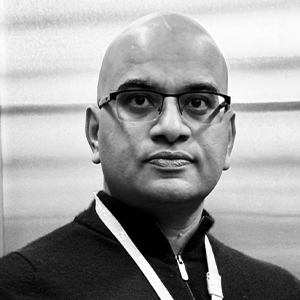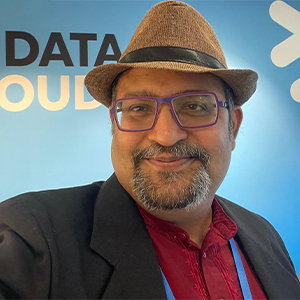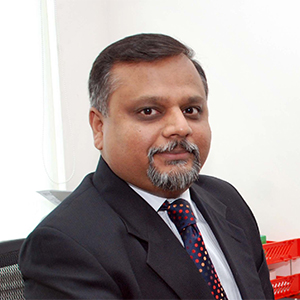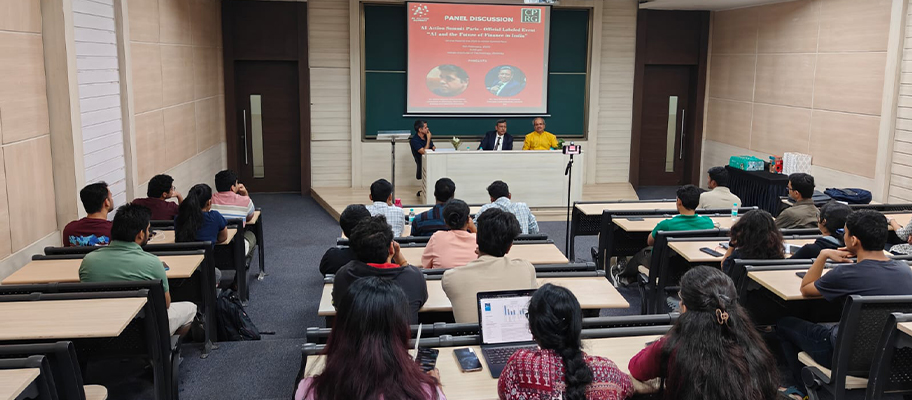Our Panels
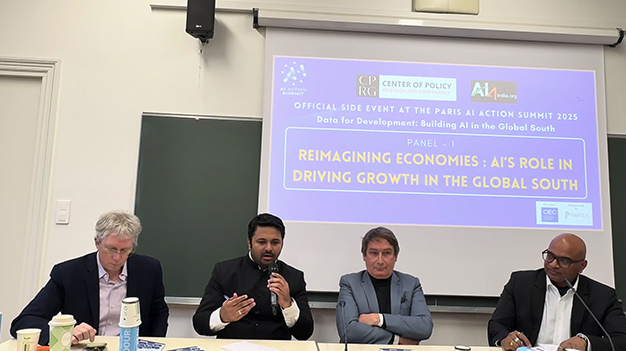
Panel on ‘Reimagining Economies: AI’s Role in Driving Growth’
This panel explored how AI is enabling new economic opportunities across the Global South. Speakers highlighted success stories in agriculture, healthcare, and digital services, noting that supportive policy environments accelerate adoption and growth. Discussions examined lessons for India, particularly in scaling AI for MSMEs and linking domestic innovation to global value chains.
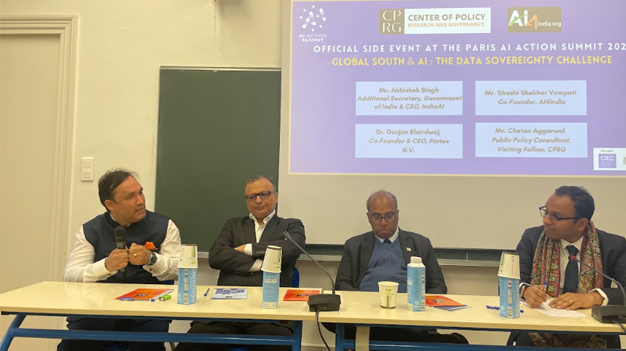
Panel on ‘Data Sovereignty in the Global South: Leadership in the Age of AI’
Panelists debated the growing importance of data as a strategic asset. They emphasized the risks of dependency on external AI systems and called for stronger local capacity in data management, governance, and standards. The dialogue highlighted the need for policies that protect national interests while fostering innovation and partnerships in AI development.
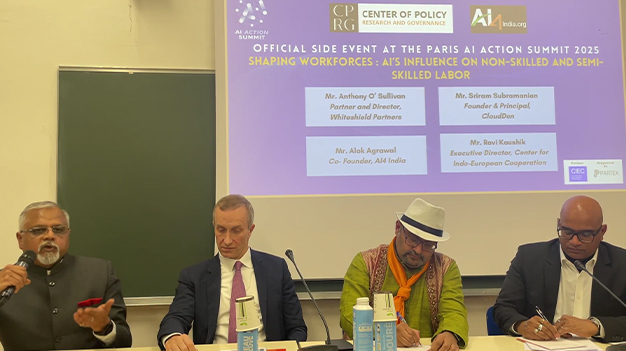
Panel on ‘Shaping Workforces: AI’s Influence on Non-Skilled and Semi-Skilled Labor’
This session addressed the future of work, focusing on how automation will affect workers without advanced education. Experts discussed pathways to transition workers into new roles, the importance of skilling and reskilling programs, and examples of inclusive workforce strategies. The panel emphasised AI’s potential to enhance productivity while also demanding thoughtful policy action to manage disruption.






